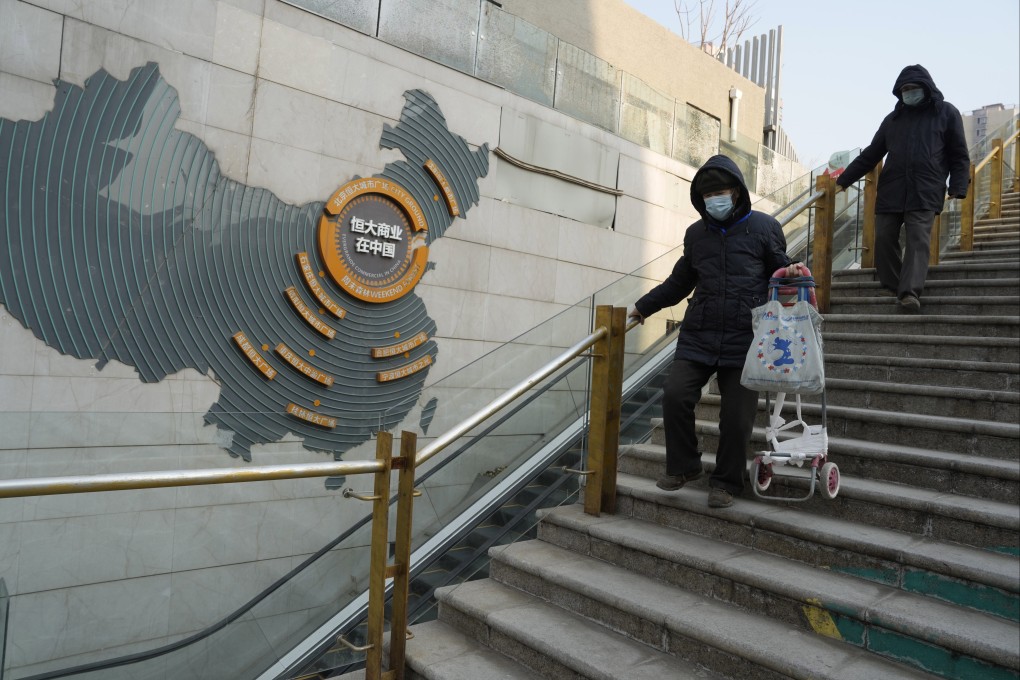Opinion | China must shield the rest of its economy from the property contagion
- Beijing needs to let unsalvageable developers fail and, crucially, avoid saddling banks with bad loans
- Short-term pain is preferable to infecting finance and creating a deeper, longer economic downturn

As pessimists often note, it will get worse before it gets worse. It looks as if this may be the economic, real estate and banking story that is unfolding in China’s economy.
The company reported 1,300 projects across 280 cities. The collapse leaves at least tens of thousands of unbuilt properties, on which many unlucky homeowners have mortgages. Liquidation will be a very painful pill for markets and investors to swallow. But it was not unexpected.
What is more alarming is the extent of the crisis across real estate and other sectors of the world’s second-largest economy, and the real dangers if policymakers opt for pathways that could extend the recession and depth of the downturn.
Given the direct link between housing asset values and consumer confidence, and real estate making up 25 per cent of the economy, the impact of the unfolding housing bust is shocking to investors and China’s policymakers.


